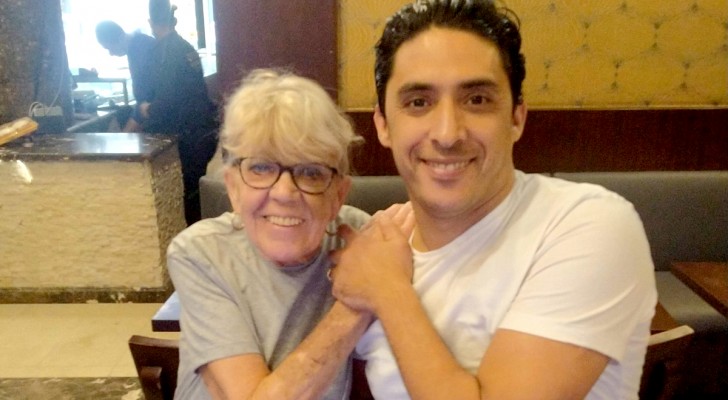The loss of a parent is sometimes like a recurring nightmare: you relive the trauma everyday

Grieving the loss of a family member leaves an unbridgeable emptiness in the home, in the concept of family, in the sense of completeness of each of us.
We feel as if a part of us has been suddenly mutilated that we did not even know existed until that moment.
Over time, many things will remind us of our loss, a party, a photo, a birthday, a dress, making us feel like that period of sadness will never end.
If then, after a long time, there remains the melancholy of grief, people may say that we have not "worked" on ourselves enough and that is why we have not "gotten over" that event.
According to the psychologist Maria Lamia, the idea of overcoming grief is just a myth and it is an incorrect belief that we carry with us since childhood.

Maria Lamia still remembers the time when an 8-year-old boy asked her: "I lost my grandfather two weeks ago. I want to know how to overcome this moment because I always think about it and prevents me from concentrating on something else."
Believing that we can overcome grief originates from the subdivision of a traumatic event into these five phases:
- Denial
- Rage
- Hypothesis, on what could have been done to avoid the loss
- Depression
- Acceptance
People believe that sooner or later the loss will not make them as sad as it does now, "But that is not so, because you cannot overcome grief," says the psychologist.
Although the feelings of grief will fade over time, they will never really leave us. We do not perceive pain as it should be felt: "Pain is a sensation that sends us a signal to help us remember rather than to forget." People tend to forget about pain, which is exactly the opposite of the purpose of pain.
It is trying to ignore the pain that makes us feel bad. Instead, by embracing this feeling, it helps us to recognize when we need help to find an understanding to continue living.





